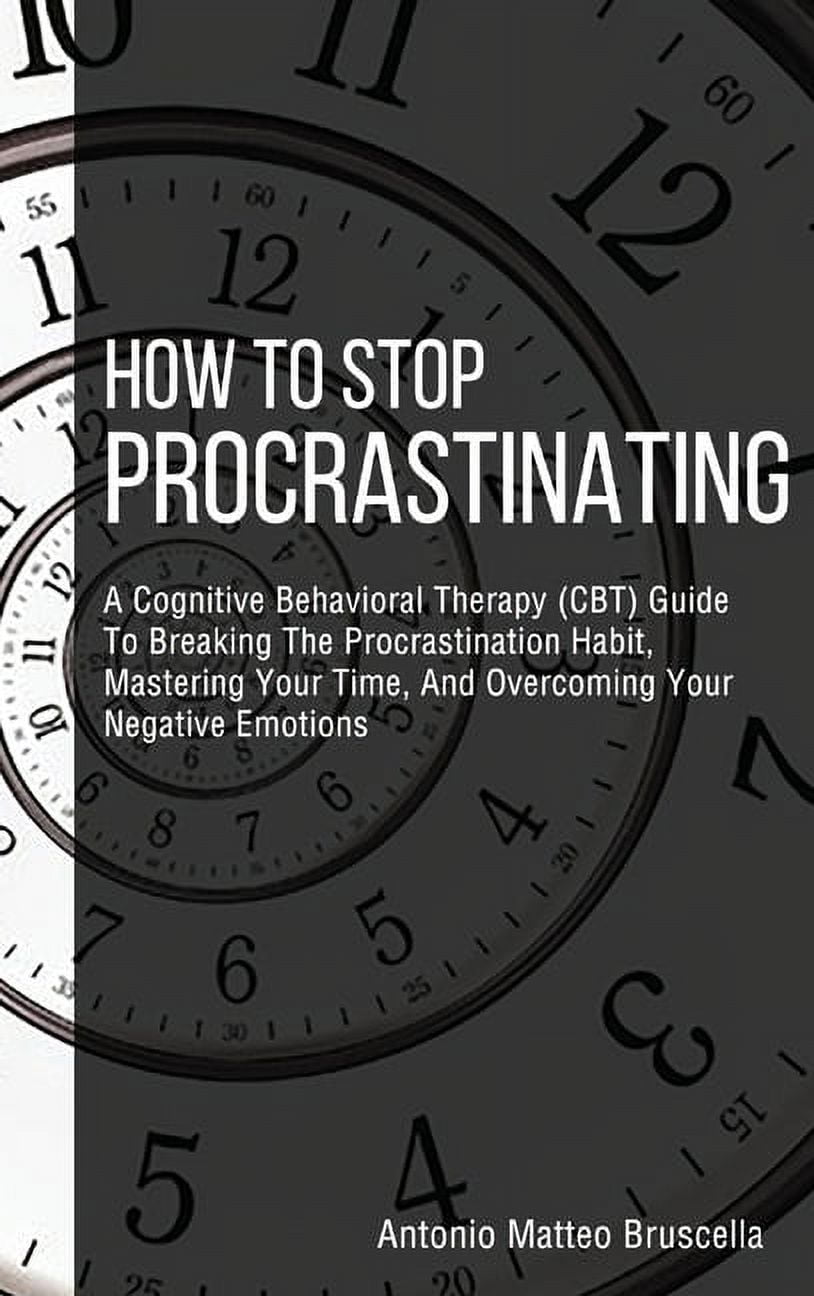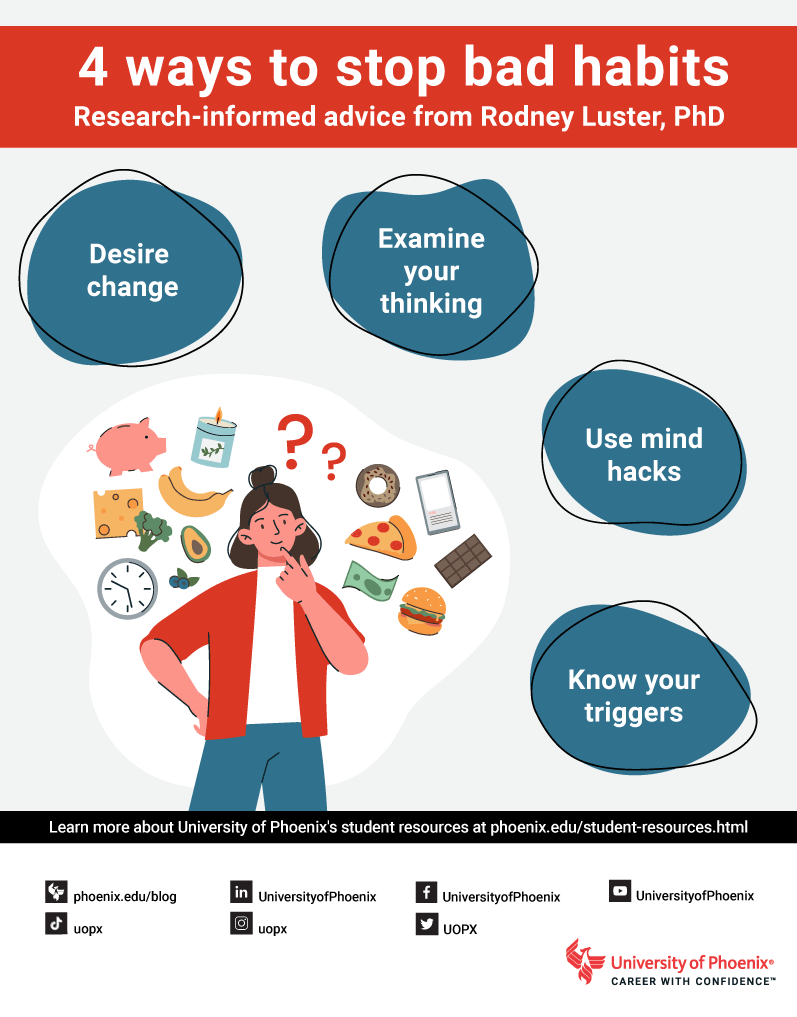How To Break Bad Habit Of Procrastination

The urge to delay, to put off until tomorrow what could be done today, is a near-universal experience. Procrastination, however, can lead to increased stress, decreased productivity, and a general sense of unease. Understanding the root causes and implementing effective strategies are crucial to breaking free from this common habit.
At its core, procrastination isn't about laziness. It's often a complex interplay of emotional regulation, fear of failure, and perfectionism. The good news is that with conscious effort and the right tools, procrastination can be managed and overcome.
Understanding the Why Behind the Wait
Many experts believe procrastination is a coping mechanism for dealing with unpleasant tasks or feelings. "Procrastination is essentially an emotion regulation problem, not a time management problem," explains Dr. Tim Pychyl, a professor of psychology at Carleton University and author of "Solving the Procrastination Puzzle". It's about avoiding discomfort.
Fear of failure is another significant contributor. The thought of not meeting expectations, or producing subpar work, can be paralyzing, leading individuals to delay starting a task altogether. Perfectionism fuels this fear, creating an unattainable standard that makes even the first step daunting.
Identifying Your Procrastination Style
Before tackling the problem, it's important to understand your personal procrastination triggers. Do you delay tasks that are boring? Overwhelming? Or those that require a high level of precision?
Understanding your patterns helps you tailor your approach. Keep a journal for a week, noting when you procrastinate, what triggered it, and how you felt. This awareness is the first step towards change.
Strategies for Overcoming Procrastination
Once you understand the root cause, you can implement practical strategies. Breaking down large tasks into smaller, more manageable steps is a common recommendation. This reduces the feeling of being overwhelmed and makes the task feel less daunting.
The Pomodoro Technique, which involves working in focused 25-minute intervals followed by a short break, can also be highly effective. This method provides structure and encourages consistent progress.
Another useful tactic is to reframe the task in a more positive light. Focus on the potential benefits of completing the task, rather than the perceived negatives. Remind yourself of the sense of accomplishment and relief you'll feel once it's done.
Creating a dedicated workspace, free from distractions, is also essential. This helps to minimize temptations and allows you to focus more effectively. Turn off notifications and let others know you need uninterrupted time.
The Role of Self-Compassion
Be kind to yourself throughout the process. Everyone procrastinates occasionally. Avoid self-criticism, which can exacerbate the problem. Instead, practice self-compassion and acknowledge your efforts.
Dr. Kristin Neff, a leading researcher on self-compassion, emphasizes that treating yourself with kindness and understanding can significantly improve motivation and resilience. This includes recognizing that setbacks are normal and that you can learn from them.
"Self-compassion involves treating ourselves kindly, recognizing that imperfection is part of the shared human experience," explains Dr. Neff.
Rewards, even small ones, can be powerful motivators. Promise yourself a treat after completing a specific milestone. This can provide a sense of accomplishment and make the process more enjoyable.
Seeking Professional Help
For some, procrastination is a chronic issue that significantly impacts their lives. In these cases, seeking professional help may be beneficial. Therapists and counselors can provide personalized strategies and support to address underlying issues like anxiety or depression.
Cognitive Behavioral Therapy (CBT) is a common treatment approach for procrastination. CBT helps individuals identify and challenge negative thought patterns and develop more adaptive coping mechanisms.
Breaking the bad habit of procrastination requires awareness, effort, and a willingness to experiment with different strategies. It's a process, not a quick fix. By understanding the underlying causes and implementing effective techniques, individuals can take control of their time, reduce stress, and achieve their goals.


















